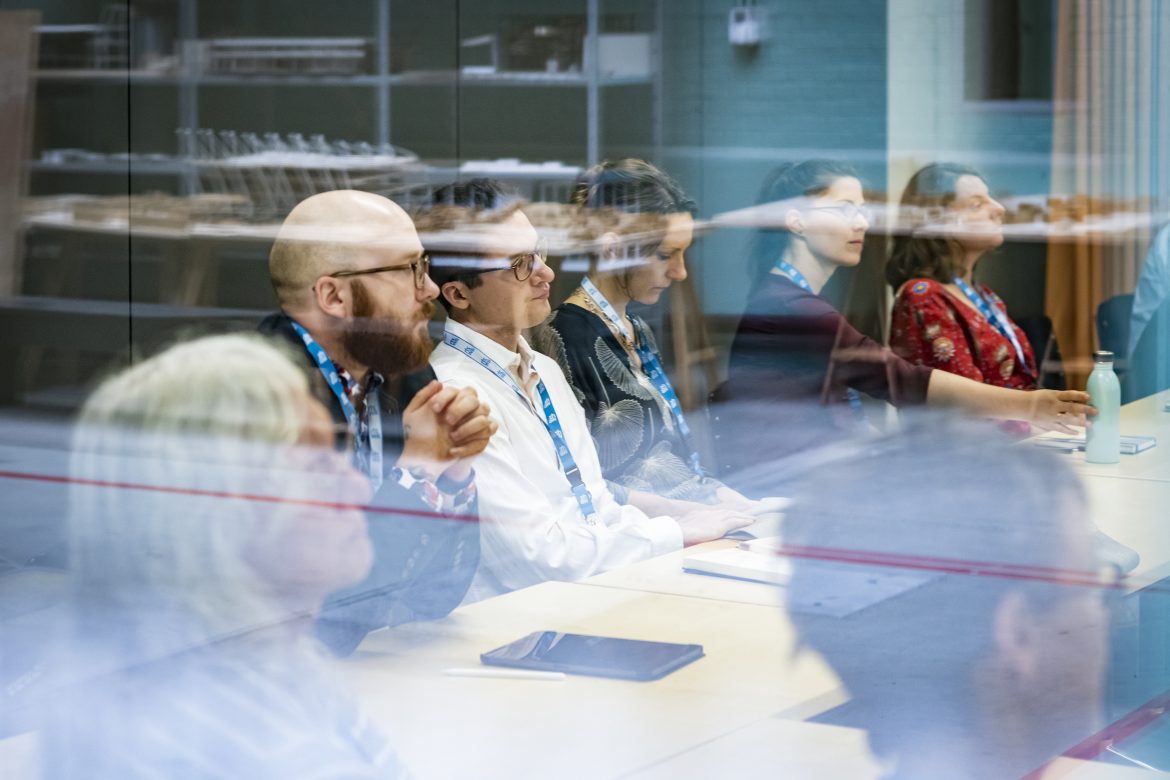Conference 2022 – Urban Transformations: Public Spaces

The dual challenge of resource scarcity and climate change increases the importance of designing ecologically, economically and socially sustainable cities. Next to a focus on energy and digitalisation, innovative urban design approaches actively include city inhabitants through participative, co-creative methods, increasing the efficiency, attractiveness, usability and accessibility of urban public spaces. These key issues were in the focus of the INUAS Conference 2022. It has been organised by the ZHAW Zurich University of Applied Sciences, completing the conference series “Urban Transformations” including the INUAS Conference 2019, hosted by the FH Campus Wien University of Applied Sciences and the 2021 online conference, organised by the HM Hochschule München University of Applied Sciences. Following the core themes of the two previous conferences, the 2022 conference took a transdisciplinary, multidimensional perspective on the topic of public spaces. Around 120 participants representing science, research and private as well as public-private enterprises presented and discussed a variety of ecological, political, managerial and socio-technical issues and perspectives tied to the overarching objective of sustainable development of urban and non-urban public spaces.
Over the course of three conference days, more than 80 inputs were presented in the form of keynotes, oral presentations, poster presentations, excursions in the Winterthur area and a panel discussion. The keynotes as well as the panel discussion were recorded and are available on the conference website , while the authors’ submissions for the oral and poster presentations, as well as more information on the keynotes, the panel discussion and excursions can be found in the digital Book of Abstracts. Contributions in the form of oral and poster presentations, as well as participant-submitted excursions and interventions were grouped in five main thematic areas: Design and Development, Ecology, Methodology, Mobility and Energy and Participation, leading to constructive and inspiring discussions between the participants, both in the presentation sessions themselves and during the coffee and lunch breaks, evening apéro and conference dinner that formed the social programme. Further highlights of the conference programme were four keynote speeches by Arnd Bätzner, Marc Barra, Prof. Sabine Knierbein and Prof. Paola Viganò, who addressed pertinent topics related to the conference focus and sub-themes from each of their professional and disciplinary perspectives. Finally, direct insights into planning processes and strategies in the cities hosting the three INUAS partner universities were provided through a plenary discussion bringing together three senior city planners: Prof. Elisabeth Merk (Munich), Thomas Madreiter (Vienna) and Katrin Gügler (Zurich). Overall, the strongly inter- and transdisciplinary nature of the conference underscored the need for coordinated collaboration by multiple stakeholders, including municipal governments, academia, citizens and civil society associations as well as industry actors and the development of integrated city planning concepts in order to enable sustainable socio-technical transitions towards cities of the future.
The ZHAW and the city of Winterthur are happily looking back on three impactful and successful conference days. Both institutions are supporting the ongoing transdisciplinary dialogue and are looking forward to participating in future research and networking activities.




